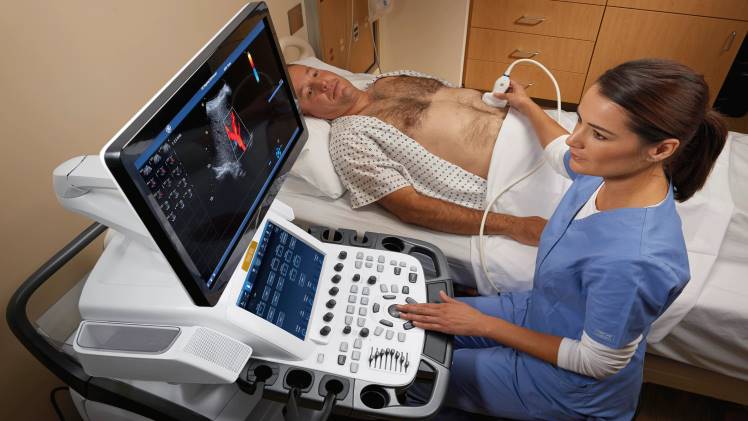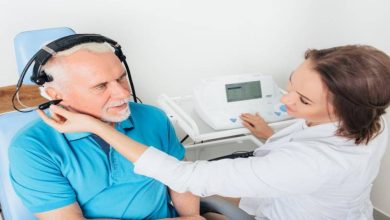The Latest Advancements in Diagnostic Center Technology

Sugar Land inpatient beds have come a long way since the days of simple white walls and fluorescent lighting. Today’s diagnostic centers feature advanced technology that can diagnose and treat a wide range of health conditions quickly and effectively. From imaging equipment to laboratory tests, here are some of the latest advancements in diagnostic center technology you can expect to find:
Imaging Equipment
Diagnostic centers today feature some of the most advanced imaging equipment available. This includes computed tomography (CT) scans, magnetic resonance imaging (MRI) machines, and ultrasound devices. These tools allow doctors to take detailed images of the body and use them to diagnose conditions like cancer, heart disease, and neurological disorders. In addition to providing more accurate diagnoses, these machines also reduce the need for invasive procedures like biopsies and exploratory surgeries.
Genetic Testing
Genetic testing is becoming more common in diagnostic centers as well. This type of testing can identify mutations in a person’s DNA that may increase their risk of developing certain diseases. It can also help doctors diagnose conditions that are caused by genetic abnormalities, such as cystic fibrosis and Huntington’s disease. By identifying these genetic markers early, doctors can provide more personalized treatment plans and potentially prevent the onset of serious health conditions.
Telemedicine
Many diagnostic centers are now using telemedicine to connect patients with doctors and specialists from anywhere in the world. This technology allows patients to consult with doctors via video conferencing, which can save time and money on travel expenses. It can also provide access to medical professionals who may not be available locally. Telemedicine is particularly useful for patients with chronic conditions who need frequent check-ins with their doctors.
Electronic Medical Records
Another advancement in diagnostic center technology is the use of electronic medical records (EMRs). These digital records allow doctors and other healthcare providers to access a patient’s medical history, test results, and treatment plans from anywhere with an internet connection. This makes it easier for doctors to coordinate care and ensure that patients receive appropriate treatment. EMRs also reduce the risk of errors that can occur when relying on paper records.
Robotics
Robotic technology is also being used in diagnostic centers to improve the accuracy and speed of certain procedures. For example, robots can assist with surgeries, allowing doctors to perform complex procedures with greater precision. They can also be used for tasks like dispensing medication and transporting equipment, which frees healthcare providers to focus on more critical tasks.
Laboratory Tests
Finally, diagnostic centers also rely on advanced laboratory testing to detect and diagnose conditions like cancer, infections, and autoimmune disorders. These tests involve analyzing blood, urine, and tissue samples to identify markers of disease. Many diagnostic centers now use automated testing equipment that can produce results quickly and accurately, reducing the need for manual testing and minimizing the risk of errors.
Overall, diagnostic centers have made great strides in recent years thanks to advancements in technology. Patients now have access to more accurate and personalized care than ever before, and doctors can provide better diagnoses and treatments with less invasive procedures. As technology continues to advance, we can expect even more exciting developments in the field of diagnostic medicine.





